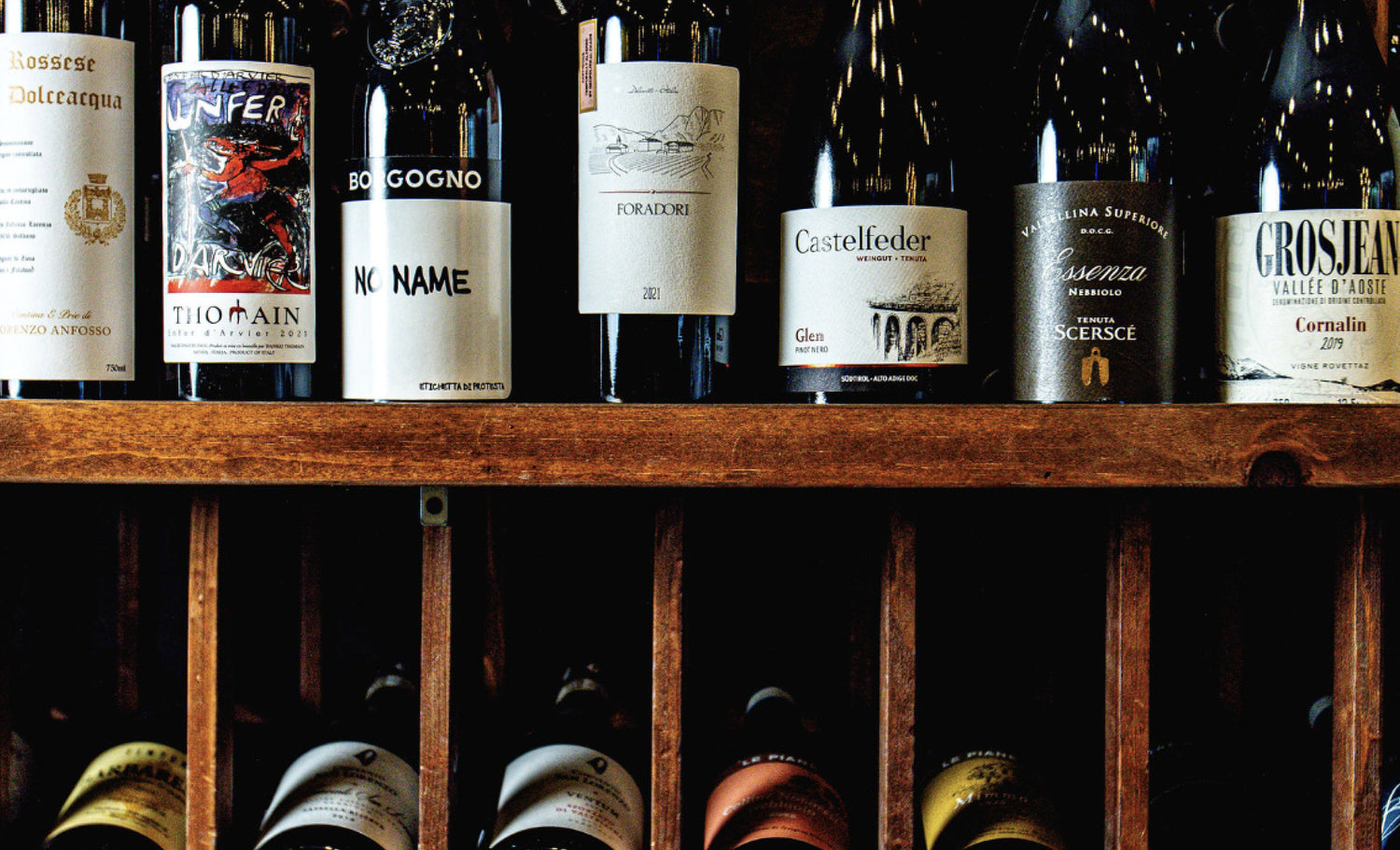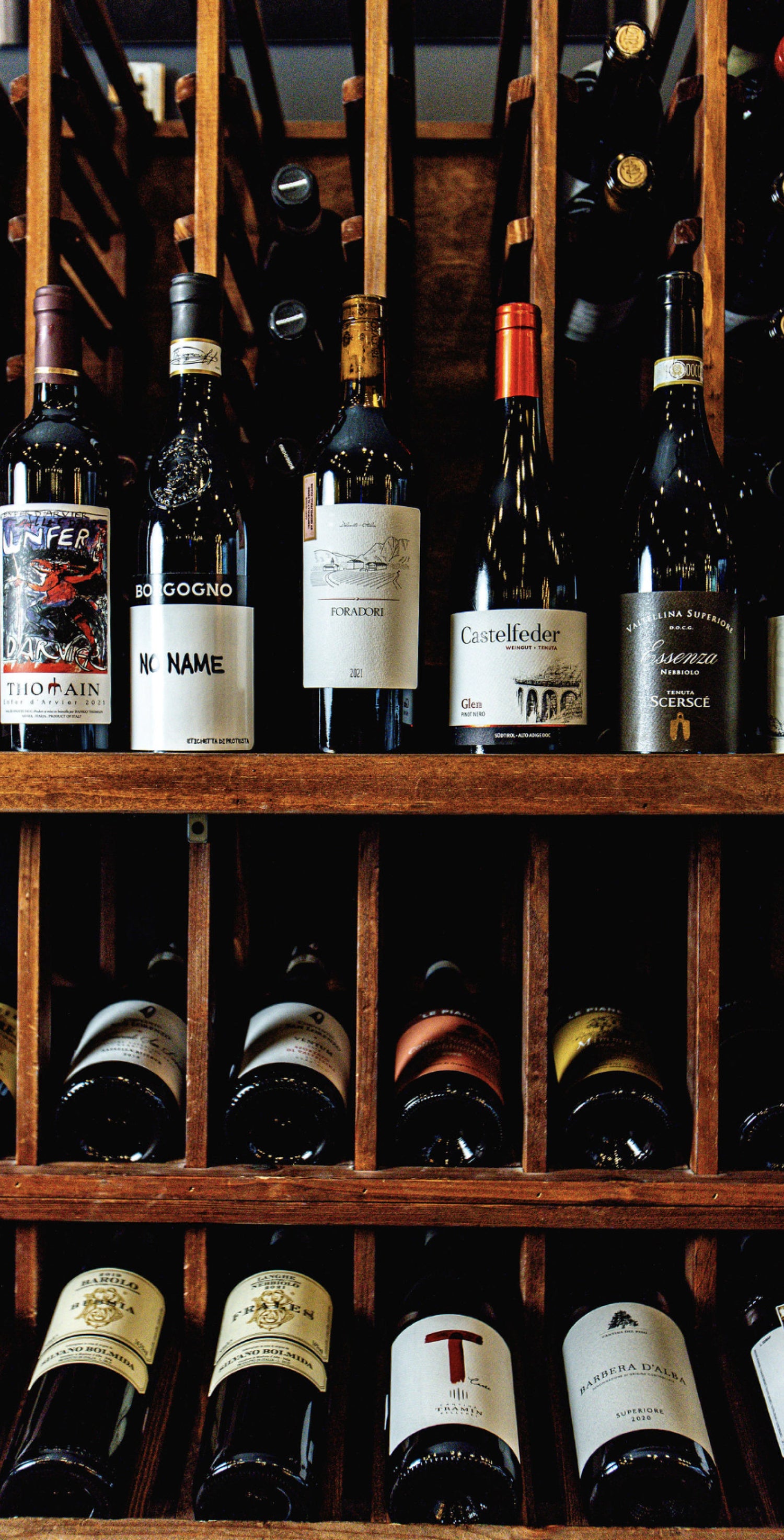Dinner party
Salmon: Three Wines + Three Ways
Building momentum in the Kitchen and in the Cellar can be the very best thing for your skills and, as importantly, your feelings about them. Part Two: Salmon.

100% Riesling. This intriguing Riesling opens with smoky undertones and a hint of spice, creating a captivating aromatic profile that sets the stage for what’s to come. On the palate, the wine is snappy and racy, with a steely acidity that provides structure and balance. Flavors of vibrant citrus and subtle spice emerge, creating a dynamic interplay that keeps the experience lively and engaging. The finish is crisp and refreshing, leaving a lasting impression of spice and minerality that lingers delightfully. This Riesling is a fantastic match for spicy shellfish pasta or dishes featuring Indian spices, enhancing the flavors while providing a refreshing counterpoint.
This product is available for Local Delivery/Pickup from:
Chose your pickup location at checkout. All products in cart must be available at the same location.
Curious about what's on OUR Table? Have it on your doorstep every month!
Learn more here about our wine clubs
 Spicy Foods
Spicy Foods
 Shellfish
Shellfish
 Charcuterie & Cured Foods
Charcuterie & Cured Foods
Place your order online for same-day pick up in-store.
For all orders over $50, we offer free local delivery within a 10 mile radius of each respective Shop in Morris and West Hartford.
We ship wine to many states. UPS Ground is our preferred third party carrier.

BOTTLE by BOTTLE
Small production and careful craft: wine tastes better when someone has made it just for you.
From grape to glass, mindful farming and work in the vineyard that is good for the bees and good for the trees is everything. We make sure it’s ‘made-the-right-way' so you can sit back and indulge.
What matters most is how delicious your Table can be. Fancy or just plain fun, our collection of the everyday to the extraordinary promises a special night ahead.
It feels good to be 'stocked up.' Discover, each month, what is on our Table with these hand-picked selections shipped right to you. Exclusives, must-haves, and more.


In GOOD TASTE
Our stories and work in the Kitchen, on the Wine Route, and in the Cellar: explore to see how we make it delicious.